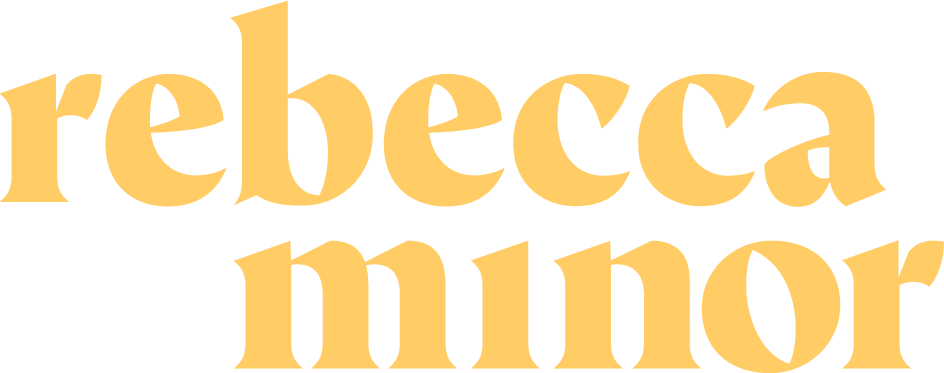Cisgender Identity Challenge
As a child, do you remember…
Wanting to pee in a different way than expected?
Engaging in dress up more seriously than for play?
Referring to yourself as a different gender?
Choosing to play characters in games/pretend play different characters from your gender assigned at birth?
A lack of interest in activities that are conventionally related to your assigned gender?
Resistance to getting or wanting haircuts?
Or even remember…
Disliking your name?
Extreme self-consciousness about being seen?
Difficulty with or dislike of bathing, showing, and personal hygiene?
Having a positive reaction when people get confused over your gender?
Wanting to wake up as a different gender?
Being happier when you were allowed to experiment with your gender?
If so, you may have a gender!
While these are commonly documented behavioral and emotional patterns in trans children, they are not to be used as a tool to prove (or disprove) anyone’s gender identity. Each person’s gender evolution charts a new path, so we cannot expect that a specific combination of behaviors points to some unequivocal truth. Unfortunately, this is absolutely a false assumption that lots of cisgender people make about the trans experience.
How do you describe your gender?
“How do you know you are a _____?”
“When did you realize you were ______?”
“How can you be sure you are ______?”
“How can you be trans when _____?”
Trans folks are constantly asked questions like this to “prove” their identity. Cis folks are rarely asked or challenged to consider their own gender identity.
Let’s practice, with the Cisgender Identity Challenge!
*adapted from @transgender_together on Instagram
Step 1: Describe your gender
Step 2: Explain how you know you are that gender, BUT:
You can’t reference body parts (“I know I’m a woman because I have ____”)
You can’t use gender terms/language (“I know I’m a man because I feel masculine”)
Step 3: Consider the privilege of not having to answer questions like this to prove the validity of your gender identity
Step 4: Reflect on your experience!
Cisgender folks, did you give it a shot?
Did you find it difficult?
Was the only thing you could think of the assurance that you just *know* your gender?
That’s okay!
If cis people can claim their gender identity by saying “it feels right” or “I know it in my heart,” then we need to accept and affirm these answers from trans folks, too!
Gender identity as a relational experience
When I first posted this challenge in May 2021, there were an overwhelming amount of responses from cis woman who struggled to define their gender in a context other than the oppression that they face for being a woman. Many cited these experiences of oppression as a key factor in determining gender identity.
I want it to be more than this, for all of us.
Being treated poorly for being a woman should not be what defines womanhood.
I encourage you to sit with these responses.
Just notice what shows up, and get curious about your reaction.
Is being a woman defined by oppression?
Is gender defined by the presence of absence of privilege?
During the first run of this challenge in May 2021, cis and trans folks alike commented on their gender identity having some, if not mostly, relational context. Social constructivist models of gender suggest that gender attitudes and behaviors, such as femininity and masculinity, are context-dependent. If that is the case, gender identity may be better conceptualized as variable states rather than stable ones.
How is your gender identity relational?
Is it a variable or stable trait?
What do you *want* it to be defined by?
A great way to be a better ally to the trans people in your life is learning the proper terms to discuss 2SLGBTQ+ topics! To download a PDF of gender and sexuality terms click here.
Read my blog post Six Myths About Trans Folks, Debunked! to learn more misconceptions you may have and how to correct them!
Has a kid in your life recently come out to you? Check out my guide!
Want to better understand gender so you can support the kids in your life?
Sign up for How To Talk To Kids About Gender, the course that helps parents and caregivers have the not-so-difficult conversations that matter about gender.
